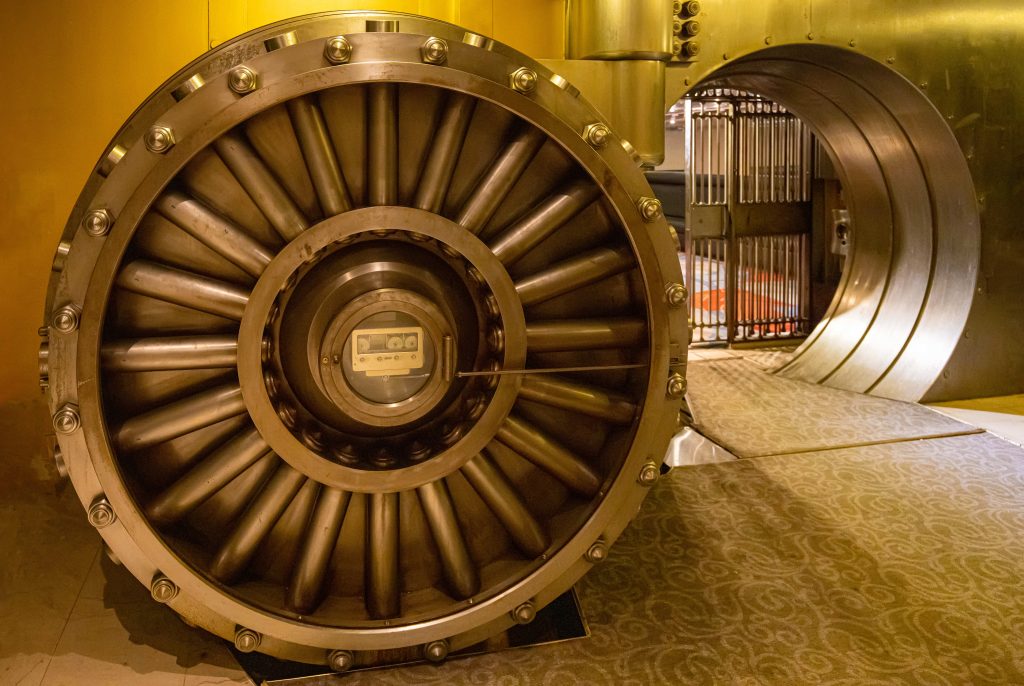Key Takeaways: When to Seek Judicial Dissolution of an LLC
- What is Judicial Dissolution? A court-ordered termination of an LLC when voluntary dissolution is not an option.
- When Should You Seek It?
- Deadlock among members preventing essential business decisions.
- Conflicts that make business operations impossible.
- Fraud, oppression, or misconduct by controlling members.
- The LLC can no longer fulfill its intended purpose.
- Legal Standards for Judicial Dissolution:
- Strict Approach (New York, Delaware): Only granted when the LLC is no longer “reasonably practicable.”
- Broader Approach (Uniform LLC Act States): Courts may dissolve an LLC for deadlock, oppression, or fraud.
- How to Proceed? Consult a business litigation attorney to evaluate your legal options and protect your rights.
There are times when disputes among members of a limited liability company can reach the point where continuing the business becomes impossible. When the conflicts are intractable, a lawsuit for judicial dissolution is a way for the owners to find a remedy .

The remedies available to LLC members in a judicial dissolution action vary from state to state, and it is critical to owners to have a clear understanding of what is and is not possible Some states, such as New York and Delaware, are narrow in the remedies available, assuming that the members are best able to manage their affairs through contracts between them. This “strict approach” permits judicial dissolution only when it is “not reasonably practicable” to continue operations in compliance with the LLC’s operating agreement.
Other states, particularly those that have enacted the Uniform Limited Liability Company Act (ULLCA), offer a more flexible framework. In these states, members can pursue judicial dissolution on broader grounds, including minority oppression, illegality, and fraudulent behavior.
 The Business Divorce Law Report
The Business Divorce Law Report



 Whether the conflict involves voting deadlocks, allegations of unfair treatment, or disagreements over financial management, the stakes are high for all involved.
Whether the conflict involves voting deadlocks, allegations of unfair treatment, or disagreements over financial management, the stakes are high for all involved.